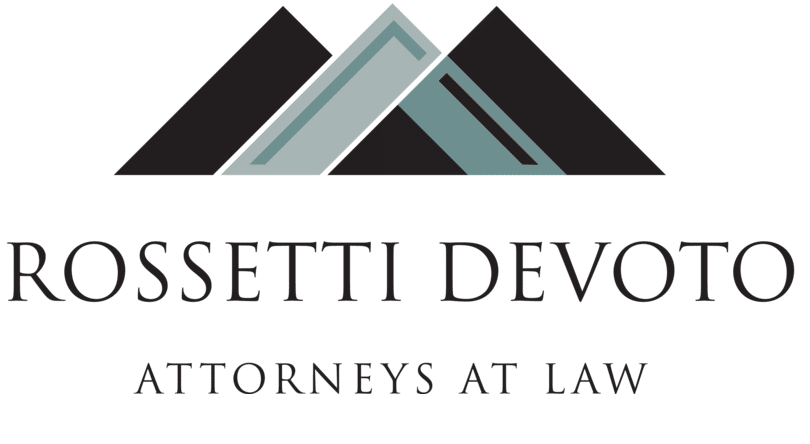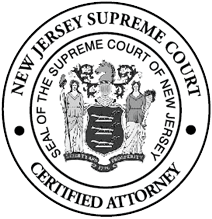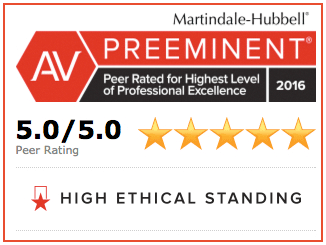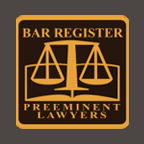When Tragedy Strikes: Pursuing Wrongful Death Claims in New Jersey Courts
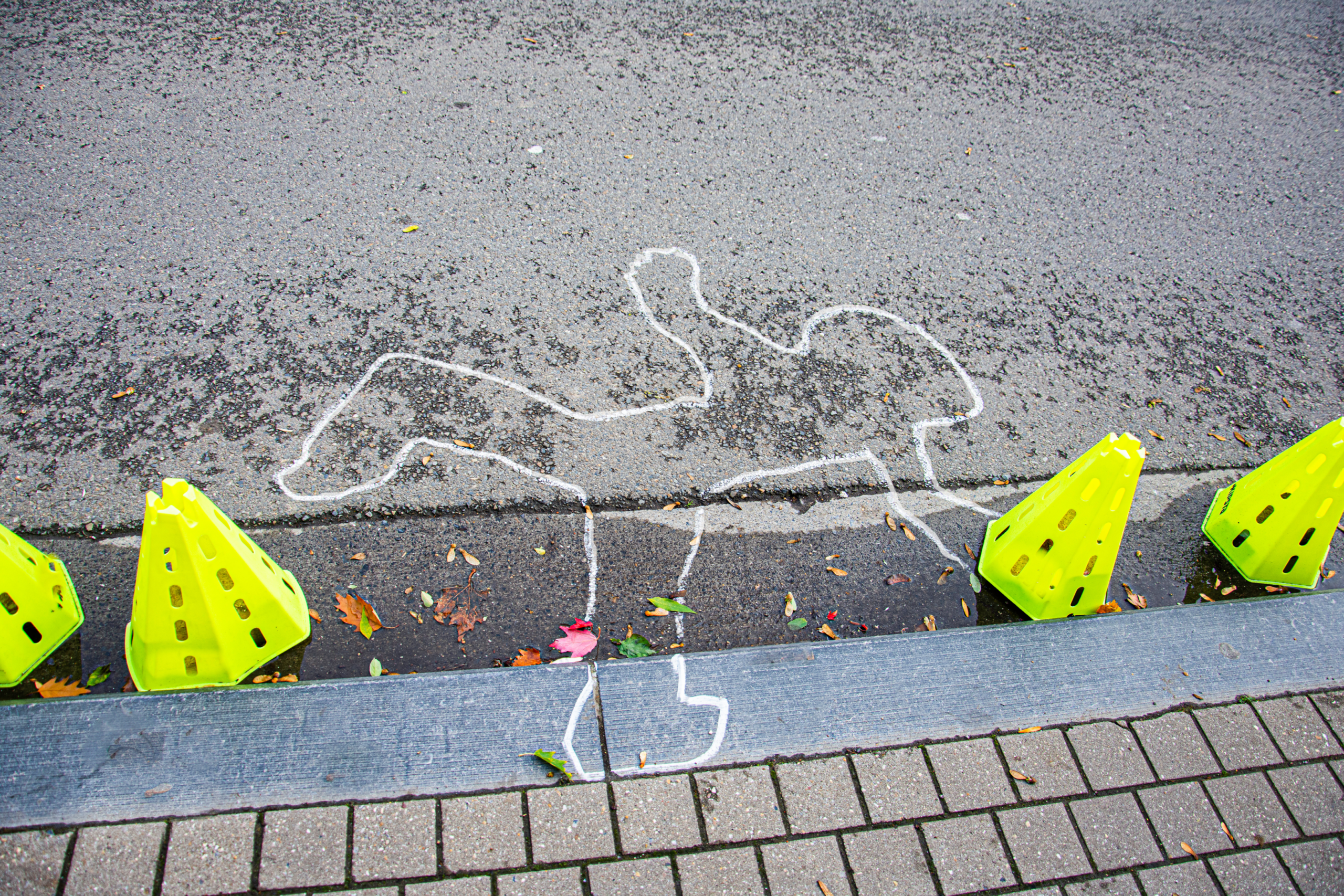
In New Jersey, navigating the complexities of a wrongful death claim is a profound and delicate matter. These claims arise when an individual loses their life due to the negligence or wrongful act of another. The pursuit of a wrongful death claim is not just about seeking financial compensation; it’s a quest for justice on behalf of the deceased, ensuring that their loss is acknowledged and that those responsible are held accountable.
In emotionally charged and legally intricate cases like these, the expertise of our seasoned law firm, Rossetti & DeVoto, P.C., becomes invaluable. With our extensive experience in handling lawsuits in New Jersey regarding wrongful death claims, we stand as a case study in providing compassionate yet rigorous legal representation.
👉Also Read: Seeking Accountability: Filing a Wrongful Death Lawsuit in New Jersey
Understanding Wrongful Death in New Jersey
A wrongful death in New Jersey is defined as a death that occurs due to the negligent, reckless, or intentional actions of another party. Key elements of a wrongful death claim include the establishment of a duty of care owed by the defendant to the deceased, a breach of this duty, and a direct link between the breach and the death. It’s important to differentiate wrongful death claims from personal injury claims.
While both seek damages due to negligence or harm, wrongful death claims are pursued by the survivors of the deceased, or their estate, for losses related to the death, such as funeral expenses, loss of income, and loss of companionship. Personal injury claims, on the other hand, are filed by individuals who directly suffer the same personal injury claim.
Who Can File a Wrongful Death Claim?
The right to file a New Jersey wrongful death claim primarily lies with the surviving family members of the deceased. This typically includes spouses, children, and sometimes parents or siblings, depending on the family structure and dependency on the deceased. The claim is usually filed by a personal representative of the deceased’s estate, often appointed in the deceased’s will or by the court.
This representative acts on behalf of the estate and the eligible family members, ensuring that all legal and financial interests are represented. The claim addresses various aspects of the deceased’s estate, including loss of financial support, funeral and burial expenses, and the emotional suffering of the survivors. It’s a legal mechanism that not only seeks compensation but also acknowledges the impact of the loss on the family.
Establishing Liability and Negligence
In wrongful death cases, establishing liability hinges on the concept of negligence. Negligence is the failure to exercise the care that a reasonably prudent person would under similar circumstances. To prove negligence, it must be shown that the defendant had a duty of care towards the deceased, there was a breach of this duty, and this breach directly caused the death.
Identifying the defendant’s wrongful act involves demonstrating how their actions or inactions deviated from what is expected in a given situation, leading to the fatal outcome. This wrongful death case could range from reckless driving to medical malpractice. Proving negligence in wrongful death cases requires a thorough gathering and analysis of evidence, which may include witness testimonies, expert opinions, and documentation, to construct a clear causal link between the defendant’s negligence and the resulting death.
Recoverable Damages in Wrongful Death Claims
Pecuniary damages in a wrongful death claim encompass the financial losses suffered by the surviving family members due to the untimely death of their loved one. This category typically includes quantifiable economic losses such as medical expenses, funeral and burial costs, and the deceased person’s lost earnings and potential future income. It aims to address the measurable financial impact the death has had on the family.
Beyond pecuniary damages, claimants may also seek recompense for loss of services, including guidance, advice, and companionship, although these non-economic damages can be more challenging to quantify.
New Jersey’s Survival Act
New Jersey’s Survival Act plays a crucial role in the legal landscape of wrongful death claims. This act allows the deceased person’s estate to pursue compensation for the losses and damages the deceased suffered from the time of their injury until their death. This is distinct from a wrongful death claim, which seeks damages for the losses experienced by the deceased’s survivors.
The Survival Act focuses on the pain and suffering endured by the deceased, lost wages from the time of injury to death, and medical expenses incurred. The financial compensation recovered under this act becomes part of the deceased person’s estate and is distributed according to their will or state intestacy laws. This ensures that the damages suffered by the deceased themselves are not overlooked, providing a more comprehensive approach to justice in the wake of their passing.
In some cases, if the defendant’s actions were particularly egregious or malicious, punitive damages may also be awarded. These are intended not just to compensate the survivors, but to punish the wrongdoer and deter similar conduct in the future.
Statute of Limitations in New Jersey
The statute of limitations plays a vital role in wrongful death claims, establishing a strict time limit within which legal proceedings must be initiated. The state stipulates a two-year window from the date of the deceased person’s death to file a New Jersey wrongful death claim. Adhering to this timeframe is crucial, as failing to file within this period typically results in the loss of the right to seek legal recourse. The survival claim may have a different statute of limitations than the wrongful death claim as that claim expires two years after the injury-producing event, regardless of when the death occurred.
There are, however, certain exceptions and potential extensions to these rules. These can include cases where the cause of death was not immediately apparent or situations involving minors. Claimants need to be aware of these time constraints and exceptions, as they are fundamental to the viability of wrongful death and survival claims in New Jersey.
The Role of an Experienced Lawyer
Securing experienced legal representation is crucial in navigating the complexities of a wrongful death claim. An adept New Jersey wrongful death lawyer provides invaluable guidance through the intricate legal process, from establishing liability and gathering evidence to negotiating with insurance companies and litigating in court if necessary. They ensure that all aspects of the claim, including adherence to the statute of limitations, are meticulously handled.
At Rossetti & DeVoto, P.C., our wrongful death lawyers are widely acknowledged for their expertise in navigating New Jersey wrongful death lawsuit. Possessing a deep understanding of the intricate legal landscape surrounding wrongful death cases in the state, we approach each case with both legal acumen and compassion. Our commitment is unwavering as we strive to effectively advocate for our clients’ rights, aiming to secure the justice and compensation that the family of the deceased rightfully deserves.
Seeking Justice for Loved Ones
The pursuit of justice in wrongful death cases extends beyond financial compensation; it is deeply rooted in the emotional healing of surviving family members. The loss of a loved one is an irreplaceable emotional blow, and holding the negligent party accountable serves as a crucial step in the grieving process.
It not only acknowledges the value of the child and lost life but also ensures that such negligence does not go unchecked. While no amount of compensation can fill the void left by a loved one, it can provide some measure of solace and support, helping families cope with their loss and rebuild in the wake of tragedy.
👉Also Read: Suing a Hospital or Practitioner Who Has Medical Malpractice Insurance: What You Should Know!
Navigating Wrongful Death Claims in New Jersey with Rossetti & DeVoto, P.C.
Wrongful death claims in New Jersey are a crucial legal avenue for seeking justice and compensation for the loss of a loved one due to another’s negligence. These claims involve intricate legal processes, from establishing liability and understanding the Survival Act to adhering to the statute of limitations.
The emotional and financial toll on surviving parents and family members underscores the importance of an experienced wrongful death attorney at Rossetti & DeVoto, P.C. For those grappling with the aftermath of such a loss, taking legal action is not just about financial redress but also about holding responsible parties accountable and upholding the values of justice and fairness in New Jersey’s legal system.
Contact us today to explore your legal options and ensure that the rights of your loved one and your family are fiercely advocated for.
